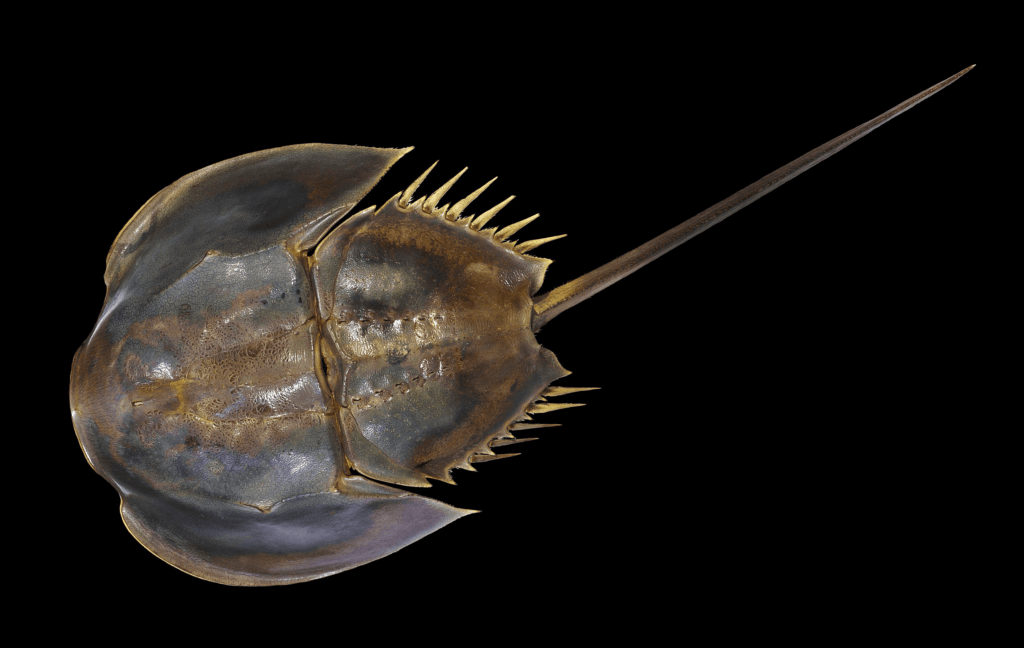Constitute tribunal for Pennaiyar river dispute in three months: SC
The Supreme Court has ordered the union government to establish an inter-state river water disputes tribunal within three months to resolve the Pennaiyar river dispute between Tamil Nadu and Karnataka. The court declined the government’s request for a six-month extension to complete the process.
The bench comprising Justices MR Shah and CT Ravikumar has granted the Centre an extension until March 14 to complete the process of setting up the tribunal, taking into account the facts and circumstances of the case.
The government, in its application before the court, informed the bench about the process to be followed for establishing the tribunal and stated that it may not be feasible to do so within four weeks. The government has requested a six-month extension and explained that the cabinet note for the constitution of the tribunal was approved by the Minister of Jal Shakti and circulated to the Ministries of Home Affairs, Law and Justice, and Finance, as well as the Prime Minister’s Office on November 29 of this year for their comments and observations on the matter.Top of Form
On Wednesday, the court issued an order regarding a lawsuit filed by Tamil Nadu on May 18, 2018. The lawsuit requested a permanent injunction on the Pennaiyar river project, and the dispute between the states had been ongoing since 2007.
Tamil Nadu filed a petition stating that the projects undertaken by Karnataka would negatively impact the livelihoods of hundreds of thousands of farmers in several districts, including Krishnagiri, Dharmapuri, Thiruvannamalai, Villupuram, and Cuddalore.
The petition claimed that the river flow would be significantly reduced or disrupted, thereby affecting the drinking water needs of Tamil Nadu. On November 14, 2019, the Supreme Court allowed Tamil Nadu to request the central government’s intervention under the Inter-State River Dispute Act, 1956, and establish an inter-state river water disputes tribunal.
The South Pennar River
South Pennar River is a major river that flows through the southern Indian states of Tamil Nadu and Andhra Pradesh. It is a part of the larger Pennar River system, which originates in the Nandi Hills of Karnataka and flows through the Deccan Plateau before emptying into the Bay of Bengal.
The South Pennar River has a length of approximately 500 kilometers, and its basin covers an area of about 18,250 square kilometers. It passes through several important towns and cities, including Tirupati, Kadapa, and Kurnool.
The river is an important source of water for irrigation and drinking purposes in the region. Several major dams and reservoirs have been built on the South Pennar River, including the Srisailam Dam, the Kandaleru Dam, and the Telugu Ganga Canal. These structures help regulate the flow of the river and provide water for various purposes, including agriculture, industry, and domestic use.
However, the South Pennar River faces several challenges, including pollution, overuse of water resources, and ecological degradation. Industrial activities, agricultural practices, and urbanization have contributed to the pollution of the river, making it unfit for human consumption or for sustaining aquatic life. Climate change and deforestation have also had a significant impact on the river’s flow, with reduced rainfall and increased soil erosion affecting its overall health.
Efforts are being made by the governments of Tamil Nadu and Andhra Pradesh to address these challenges and restore the health of the South Pennar River. Several initiatives have been launched to reduce pollution, promote sustainable water use, and improve ecological conservation in the region. These efforts are critical for ensuring the long-term sustainability of the South Pennar River and the communities that depend on it.
February’s sharp foreign trade drop requires nuanced policy attention
During February, India experienced its third decline in goods exports out of the last five months, with shipments totalling $33.8 billion indicating an 8.8% drop from the previous year. In comparison to recent periods of robust export growth, only October 2022 recorded a steeper decline.
A sharp 29% reduction in oil exports, a 12% decrease in chemical shipments, and a 10% contraction in engineering goods outflows, which accounted for almost half of India’s merchandise exports, contributed to February’s decrease.
Moreover, the effects of weakened global demand extended beyond these sectors, affecting 13 more of India’s top 30 export items. Despite still being 7.3% higher than October’s figures, the immediate outlook for India’s exports is grim due to the possibility of the world slipping into a recession.
Although there had been optimism that the world economy could avoid the worst-case scenario of 2023, the economic data from major markets in March has dispelled such hopes, at least for now.
